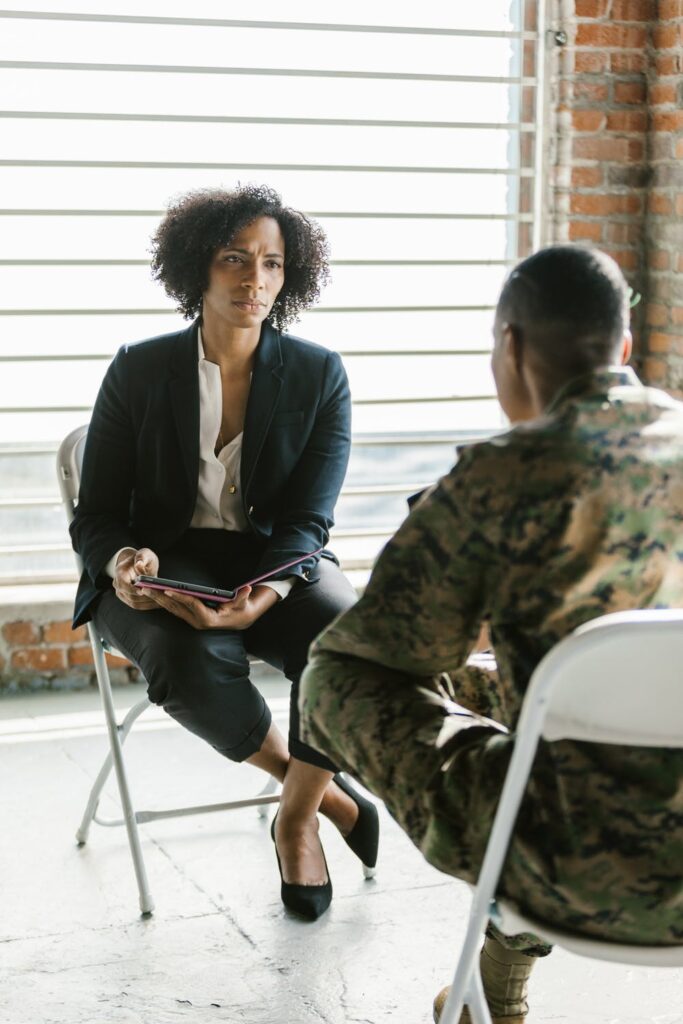
Afghanistan is difficult to write about. It’s the war, or perhaps more accurately the military conflict, of my generation. People like me, Americans in our late 30s and early 40s, watched our older siblings march off to Desert Storm and the Gulf War. When 9/11 happened, and the declaration of the War on Terror, I think many of us suspected or knew that we were going to see a lifetime of warfare. Indeed, few of us remain untouched by military service, whether we ourselves have gone, or a family member, a friend, a neighbor, a coworker. We have fought for decades now, against an amorphous enemy and with often-unclear and changing objectives. Our soldiers, sailors, Marines, and airmen have enjoyed both extraordinary support and extraordinary disapproval from different quarters at different times. And now, after all this time, we are suddenly out, and the country has collapsed in our wake.
The politics of how we got here aren’t of particular interest to me. We are here, and we are here with a generation who has paid in blood and many of us are wondering for what. People have died, have suffered life-altering injuries, have burned into their brains the sights and sounds and smells of war, have if nothing else lost years of their lives to service instead of enjoying ordinary life. Even if not directly affected, those experiences have changed all of us. Right now, there are a lot of swirling emotions, mostly negative – sadness, frustration, anger, disappointment. Helplessness too, on what to do with those feelings. Or maybe none of that at all, and wondering what to do about that. Some of the learnings from this decades-long war, on how to heal wounds of the spirit and the soul, can help us here, fortunately.
We start by listening. Everybody has a story, and those stories are valid and important. They are full of truths, to the person who is telling them. Even if they contradict what we believe to be objectively correct, there is still an aspect of truth, a true reflection of the perspective of the speaker. In any case, this isn’t about fact-finding missions. This is about hearing what people have to say and accepting without judgment that they are telling us what they know.
There is a power in talking, even in rambling. It’s a way in which we process what we have seen and experienced. It allows us to make sense of our thoughts and emotions, by allowing them to jumble out until they are all hanging in the air – or on a piece of paper – and we can puzzle them into some semblance of order. It’s an order that might need to be shifted or adjusted one day, but we can’t see if that’s so or how until we see what we’re starting with.
As our mouths open and the words pour out, there is a temptation to circle around the negatives, the bad stuff, the parts that make us sad and upset. And we do, we do need to say those things. We do need someone to listen to that pain and sorrow. But we can’t dwell on that. The good stuff matters too, and those stories also deserve to be told and to be heard. Humor in the midst of sorrow isn’t inappropriate; it can be what helps us stay grounded and sane, able to continue. Sharing those moments also brings a peace, a necessary lightness, a reminder that the moments that make life worth living continue, even amidst horrors we can barely articulate, even if they end.
Finally, we must remember to return to the present, and to what we can control today. The past is meaningful because we rise from it to be who and where we are today, but it is our background, our origin story only. It matters, but the present matters more. We must appreciate the place we are today, with the people and the places and the things we can impact now. Perhaps by moving along the cycle back to listening, to the stories we don’t yet know, both bad and good, so that we can work towards healing today instead of worrying about yesterday.
Afghanistan is difficult to write about. It’s difficult to talk about. It’s difficult to hear and listen about. And yet, we need to. Whether you do so privately by journaling or in therapy, among friends in person or online, or by sharing your words with the world and listening to who you find as you wander, you must. Start here, if you like. My comments section and my inbox are always open.




